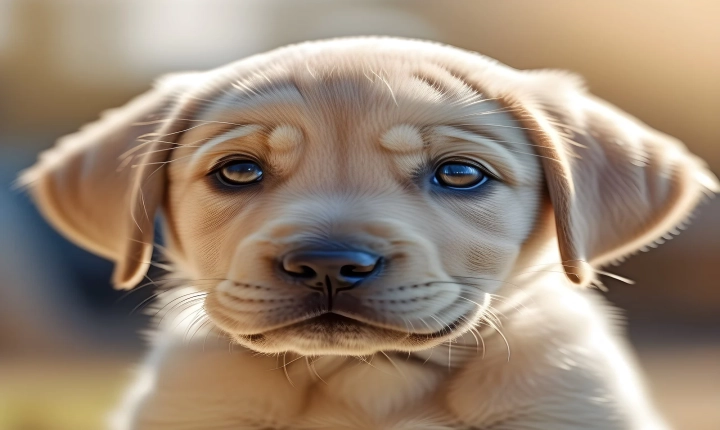Title: Embracing Originality in the Age of AI
In the age of artificial intelligence (AI), the concept of originality has become both a source of concern and an opportunity for innovation. With AI’s ability to analyze vast amounts of data and identify patterns, there is a growing fear that originality in creative endeavors is becoming increasingly elusive. However, AI also presents new possibilities for inspiring originality and expanding the boundaries of human creativity.
AI has the capacity to produce content that imitates human art, music, and literature, blurring the line between what is original and what is machine-generated. This raises questions about the authenticity and value of creative work in a world where AI can emulate human creativity. Some argue that AI-generated content lacks the soul and depth of human expression, while others point to the potential for AI to inspire new forms of originality and creativity.
One way in which AI can foster originality is by serving as a tool for augmenting human creativity. By leveraging AI’s capabilities to process and analyze data, artists, writers, and musicians can gain new insights and inspiration to inform their creative processes. AI can analyze large datasets of artistic works, identify trends and patterns, and offer novel perspectives that human creators may not have considered. This can enrich the creative process and lead to the development of original and innovative works.
Moreover, AI can empower creators to push the boundaries of traditional creative mediums and explore new forms of expression. Through generative algorithms and machine learning models, AI can assist in the creation of unconventional and experimental artwork, music compositions, and literary works. By collaborating with AI, human creators can break free from established conventions and unlock new frontiers of originality in their creative endeavors.
Furthermore, AI can democratize creativity by providing accessible tools and resources for aspiring artists and innovators. From AI-powered design and editing software to music composition and storytelling platforms, AI technology lowers the barriers to entry for individuals looking to express their original ideas. By making creative tools more widely available, AI can amplify diverse voices and perspectives, contributing to a rich tapestry of original content and artistic expression.
However, as we navigate the era of AI-assisted creativity, it is crucial to uphold the value of human originality and authenticity. The unique essence of human creativity, emotions, and experiences should remain at the heart of artistic expression. While AI can be a powerful ally in the creative process, it should be viewed as a catalyst for originality rather than a replacement for human ingenuity.
In conclusion, the rise of AI presents both challenges and opportunities for originality in creative pursuits. While concerns exist about the impact of AI on the authenticity of human creativity, there is also potential for AI to inspire and enhance originality in art, music, literature, and other creative domains. By embracing AI as a tool for exploration and discovery, human creators can harness its capabilities to expand the horizons of originality and foster a new era of innovative expression. Ultimately, the marriage of AI and human creativity has the potential to yield groundbreaking, original works that resonate with audiences and contribute to the evolution of artistic discourse.
